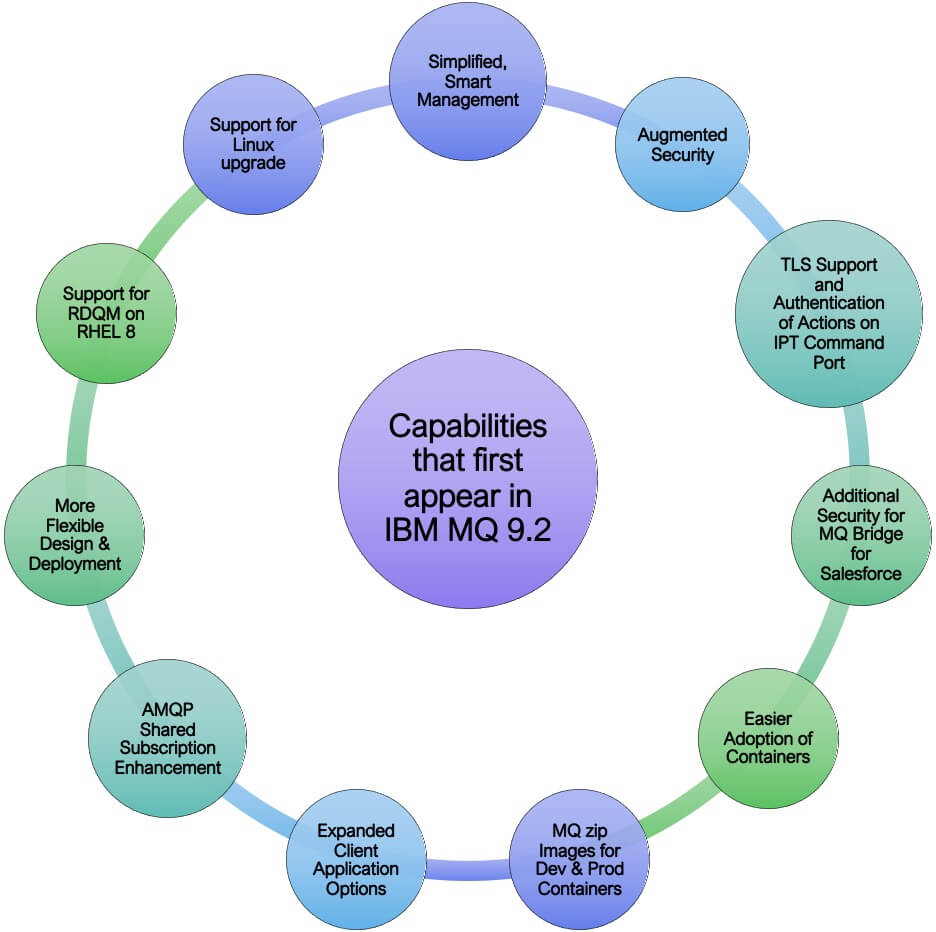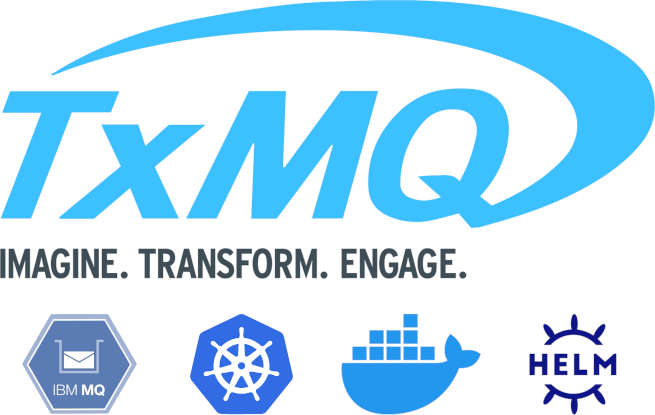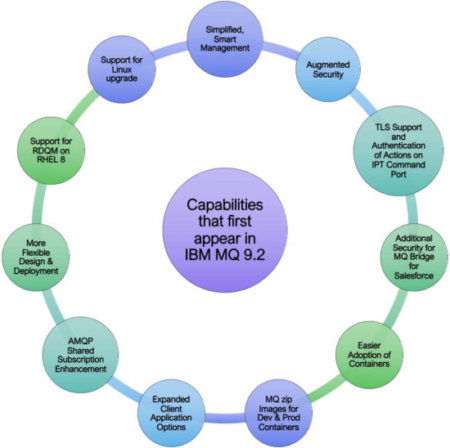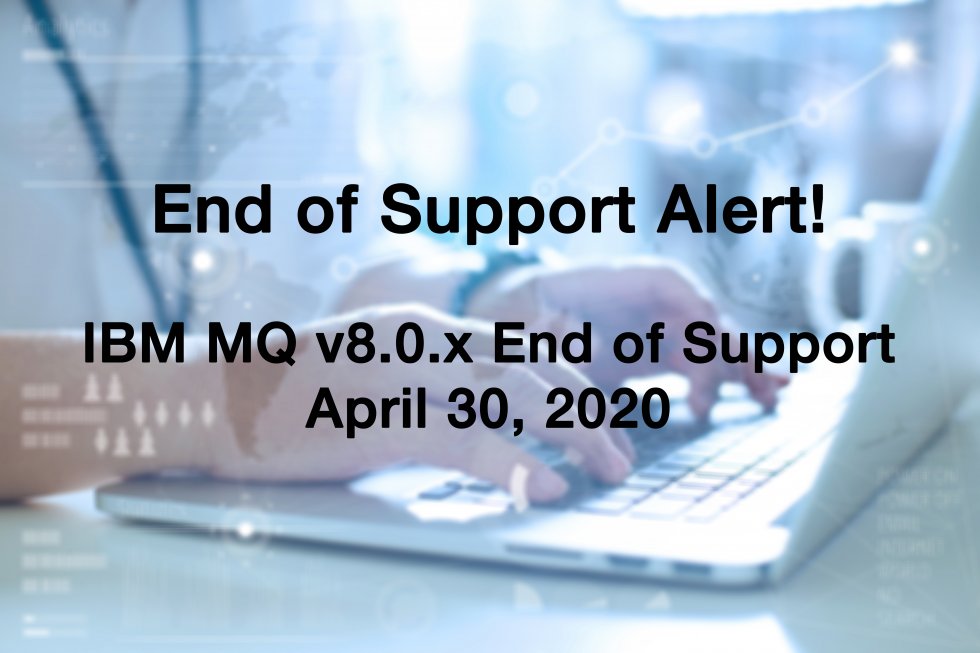IBM MQ keeps your business running.
IBM MQ is one of the most trusted message-oriented middleware products available today. MQ runs some of the most critical applications on the market within highly regulated industries ranging from Healthcare to Banking and Finance.
Whether you’re in the cloud, on mobile, on-premises, or in the IoT, IBM MQ messaging simplifies, accelerates and facilitates security-rich data exchange.
In order for MQ to maintain these attributes, it’s important to keep it running properly. Just one small production issue can lead to big losses and unhappy customers. There could be a number of reasons why your MQ isn’t running smoothly. At TxMQ our Middleware team ensures complex and critical middle-ware components are performing at optimum levels, no matter the version, platform, or technology.
Stability and Performance
High performance, stability, and assured message delivery are the main reasons IBM MQ is the preferred messaging backbone for dynamic heterogeneous environments. In order to maintain these benefits, MQ needs to be installed, maintained, and managed properly. Often organizations find it difficult to maintain the skills for Middleware technologies on their own without the in-house resources. At TxMQ our Middleware and MQ teams have extensive real-world industry experience implementing solutions and providing ongoing managed middleware services, on-premise and in the Cloud.
TxMQ the IBM MQ, and Middelware Experts
At TxMQ we have decades of experience perfecting architectures, integration, and managing MQ deployments in various environments within highly regulated industries when security and stability matter most. Our middleware technicians and subject matter experts help maintain the reliability that you expect with IBM’s MQ and Websphere products.
As an IBM Premier Business Partner with deep skills and extensive experience in middleware, our specialized skill set uniquely qualifies us to provide full MQ and WAS solutions to clients.
Reach out today for a free Discovery Session and learn more about how TxMQ can lower support costs, decrease the need for in-house resources, and help you run more efficiently.
IBM MQ Health Check
Every TxMQ engagement starts with some level of assessment, or IT Health Check, from a technical perspective. At a minimum, project delivery is preceded with a scoping call to identify specific business needs, objectives, and ensure a good fit for TxMQ service delivery.
In some cases, the need is for specific technical skills and expertise with certain combinations of technology. In other cases, the objective is to stand up new technology and assist with adoption into the business model; in other cases, a problem exists in need of a solution. In each case, TxMQ assigns its top analysts and engineers to ensure quality recommendations and speedy resolution. Click below to learn more about our assessment and IT Health Check.
IBM MQ’s Latest Version 9.2 is Here!
The new version has many features that continue to make IBM MQ the industry leader for messaging middleware software. MQ v9.2 is the follow-on long-term support release (LTSR) to MQ v9.1. With the LTSR release, fix packs will only provide fixes that include no new functions. MQ v9.2 includes the features that were delivered in the CD releases of MQ versions v9.1.1 to v9.1.5, along with some minor enhancements. The capabilities being incorporated into MQ v9.2 from previous MQ v9.1.x CD releases and those that are new in MQ v9.2 are detailed in the Description section. For more information, see the IBM MQ FAQ for Long Term Support and Continuous Delivery releases website.
This release encompasses all versions of MQ including the MQ Appliance and MQ on Cloud. If you’re interested in learning how you can benefit from an MQ upgrade reach out today to the SME’s at TxMQ for a quick discussion!
Key IBM MQ and WebSphere Services:
Consulting | Planning | Support | Integration | Management
Troubleshooting · Eliminating Bottlenecks · Installation · Deployment · Upgrades · End of Service Support · Managed Services · Customized Solutions
IBM MQ Migration and Upgrade Process
There are many things to consider when planning a migration especially with a tool as important as IBM MQ is to your business. That’s why it’s important to work with an organization with the knowledge and breadth of experience needed to get the job done right the first time.
Below is an example of a typical path we would take during our Upgrade and Migration process.

Primary factors impacting migrations are versions involved and the number of changes introduced between the versions. For customers more than n-3 versions back, multiple migrations are required, since migration tools only support n-3 migrations.
Among the most critical steps is the choice of versions to migrate to. As expected, the right answer is “It depends”. Considerations include End of Support dates, stability/maturity in life cycle of product/version release, JEE/JDK levels relative to targeted versions. As well, desired features in the app server play a role, as do versions supported by any vendors involved. There is, in short, no default best answer.
TxMQ Migration Roadmap
WebSphere Application Server Migrations and Upgrades
Information on WebSphere Application Server (WAS) Migrations and Upgrades
TxMQ offers to work with our customers through IBM’s WebSphere Migration Toolkit. This is a set of tools that helps us with some critical components of the migration itself.
We work with our customers to identify the Java EE technologies used by their platform. Are there deprecated Java EE technologies? Will some/all/none of the applications run in cloud environments? What changes to applications will be needed for successful migration (if any). In truth, we spend a fair amount of time focusing on Java applications.
There are quick initial detailed analysis snapshots available using the binary scanner command line tool. This is ideal for quick evaluation, developers not using Eclipse based IDEs, and access to overview for any possible migration issues.
Are you Running a Version Out of Support?
From time to time IBM retires version of their software because they are unable to support all of the versions simultaneously. This has often been an issue with many of our clients as they don’t feel the need to upgrade from an older version because everything is working just fine. As they say “If it ain’t’ broke, don’t fix it”.
The concern with this approach is you run the risk of security and performance issues. If you’re currently running an outdated version of IBM MQ or WAS, reach out to us to speak to an expert on your migration, upgrade, and back-level support options.
A full Migration or Upgrade discussion is a complex conversation, and we look forward to beginning one with you.
Contact us today to schedule a free Discovery Session with our Subject Matter Experts.
Introducing The MQ Virtual Appliance
Only From TxMQ!
The Benefits Of IBM’s New MQ Appliance.
In An Easily Managed, Virtualized Solution!











